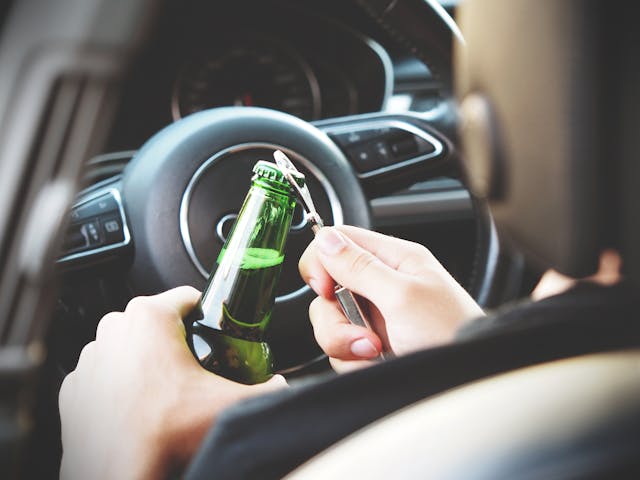Driving Under the Influence is a common charge in Fort Collins and Larimer County. Recently, we have seen an interesting new procedure the Fort Collins Police and Larimer County Sheriff Deputies are employing – getting a warrant for a blood draw in DUI cases. Normally, when a person is arrested for Driving Under the Influence or Driving While Ability Impaired (DWAI) they are given an advisement regarding express consent. The officer will inform the arrestee that by driving in the State of Colorado, you have consented to provide a blood or breath test if an officer has grounds to believe that you are driving impaired. Then, the person arrested is asked whether they want to submit a blood or breath test. If they refuse, USUALLY, they are taken to the jail immediately. A refusal has more sever consequences with the DMV regarding license revocation. However, recently we are seeing that after a person refuses, law enforcement officers are getting a judge to sign a warrant so the person HAS to submit a blood sample. Then they end up with the consequences of a refusal through the DMV and being forced to give their blood. It’s ridiculous, honestly. We used to only see the warrants on serious matters like when drinking is suspected in a Vehicular Homicide or Vehicular Assault case. But now it seems a person’s right to refuse is taken from them and judges are standing by all night to sign warrants to take people’s blood for DUI cases, even those with no accidents or injuries.
Larimer County Driving Under the Influence Lawyer: How is DUI Charged in Colorado?
The Larimer County, Colorado law definition of Driving Under the Influence / Driving While Ability Impaired – C.R.S. 42-4-1301 – is:
(b) A person who drives a motor vehicle or vehicle while impaired by alcohol or by one or more drugs, or by a combination of alcohol and one or more drugs, commits driving while ability impaired. Driving while ability impaired is a misdemeanor, but it is a class 4 felony if the violation occurred after three or more prior convictions, arising out of separate and distinct criminal episodes, for DUI, DUI per se, or DWAI; vehicular homicide, as described in section 18-3-106 (1)(b); vehicular assault, as described in section 18-3-205 (1)(b); or any combination thereof.
A HUGE way that law enforcement get their probable cause for a DUI or DWAI arrest is the voluntary roadside tests. These tests are just that, VOLUNTARY and they do NOT help prove you are sober, They only help support law enforcement’s assumption that you are under the influence. We always recommend that you refuse to do any voluntary roadside tests like the portable breath test (offered before arrest), walk and turn, counting backwards, etc.
If you or someone you love has been arrested for Driving Under the Influence, be smart, exercise your right to remain silent, and contact the best criminal defense attorneys from the O’Malley Law Office at 970-658-0007 to schedule a free initial consultation. Together, we can protect your future.
Photo by energepic.com
